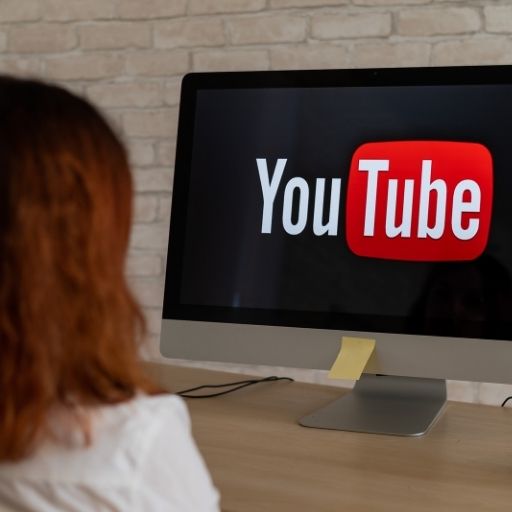Introduction
YouTube is experimenting with a new AI-driven music remix feature aimed at improving the music remix process for content creators.
What is Dream Track?
The AI-powered Dream Track tool allows content creators to remix songs by altering specific elements like the song’s mood, style, or genre. This provides a creative way for users to make their videos stand out. YouTube’s goal with this test is to give creators the ability to reinterpret licensed songs, enabling them to produce more creative and engaging short-form content.
How Does the AI Music Remix Work?
Users involved in the test can select a song and type in a command detailing the changes they wish to make. The AI then processes this request, adjusting the song according to the specified features and generating a 30-second remix. This process helps creators generate unique, personalized music quickly and easily for their short videos. YouTube stresses that creators must provide proper attribution to the original track, crediting both the original song and the AI-generated remix in the video.
As part of the Dream Track experiment, YouTube is also integrating AI-generated sounds, offering even more variety for content creators. High-profile artists like Charlie Puth, Charli XCX, Demi Lovato, and John Legend have contributed AI versions of their voices to the project. These AI-generated vocals will be available for users to incorporate into their remixes, adding a fresh twist to popular tracks.
Although the new feature has generated interest, YouTube has not yet disclosed a full list of songs eligible for remixing or the specific music labels they’re collaborating with. A Financial Times report from June 2023 revealed that YouTube has been in talks with major music companies, exploring the use of music catalogs to train AI models. Many view this initiative as an important step in ensuring that AI-driven remixes stay legally compliant and fair to the original artists.

YouTube’s AI-Powered Music Feature Could Spark Controversy in the Music Industry
YouTube’s new feature represents a significant example of how artificial intelligence can be applied in the music industry’s digital transformation. However, the use of AI in music creation raises ethical and legal concerns, particularly regarding intellectual property and artists’ rights. Many in the music industry, including artists and producers, have differing views on how AI involvement could impact their creative ownership.
The Debate Over AI in Music Creation
The rise of AI tools like YouTube’s Dream Track brings new opportunities for content creators, but it also fuels ongoing debates about the role of artificial intelligence in creative fields. With AI involved in the music creation process, questions around copyright, royalties, and fair compensation for artists are becoming more prominent. While some view AI as a tool for innovation, others see it as a threat to the rights of the original creators.
Dream Track’s Impact on Content Creation
Despite these challenges, YouTube’s Dream Track feature offers creators more music options and a faster way to make personalized tracks for their Shorts. This could revolutionize digital content production by making it easier to create high-quality, unique videos. The tool also opens doors for creators to experiment with new sounds and genres, increasing their chances of going viral.
Future of AI Music Features on YouTube
The success of YouTube’s Dream Track will depend largely on how major music producers respond to AI-driven music tools. The future of this feature could shape how AI technologies are integrated into the platform, particularly in terms of artist involvement and copyright issues. As the debate continues, YouTube may adjust its approach to ensure that its AI tools remain legally compliant while providing valuable creative opportunities for users.
Conclusion
YouTube’s introduction of the AI-powered Dream Track feature marks a significant shift in how music can be created and customized for digital content. This tool not only offers creators new ways to remix and personalize music but also opens up exciting opportunities for more creative freedom in short-form videos. While the integration of artificial intelligence into music creation raises important ethical and legal questions, particularly concerning copyright and artists’ rights, it’s clear that AI will continue to play a pivotal role in the future of digital content creation.
As YouTube continues to refine and expand this feature, the platform’s success will depend on how it navigates the challenges surrounding intellectual property and how it collaborates with the music industry. With major artists and labels already involved, the AI music remix feature could become an essential tool for creators, transforming the way music is produced and consumed on platforms like YouTube. The ongoing debate around AI’s role in creativity will shape how tools like Dream Track evolve, but one thing is certain: the future of AI in music creation is just beginning.

